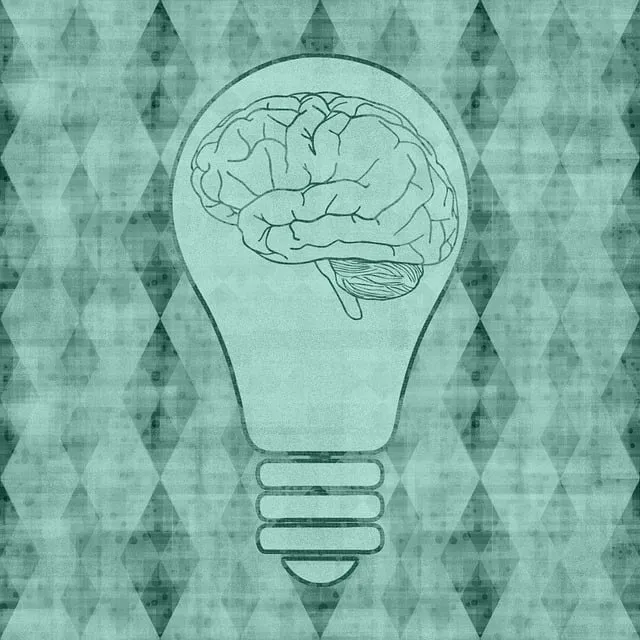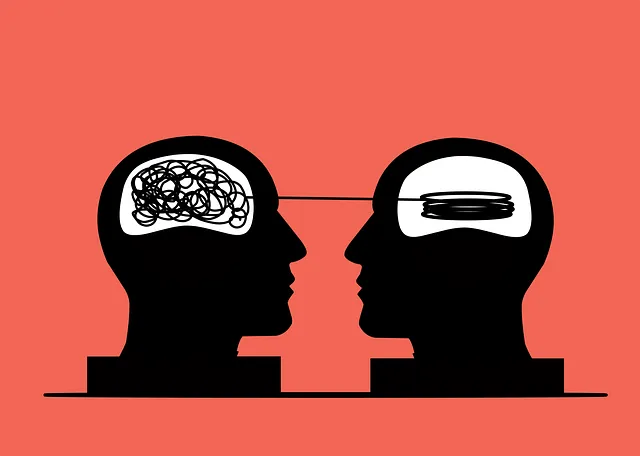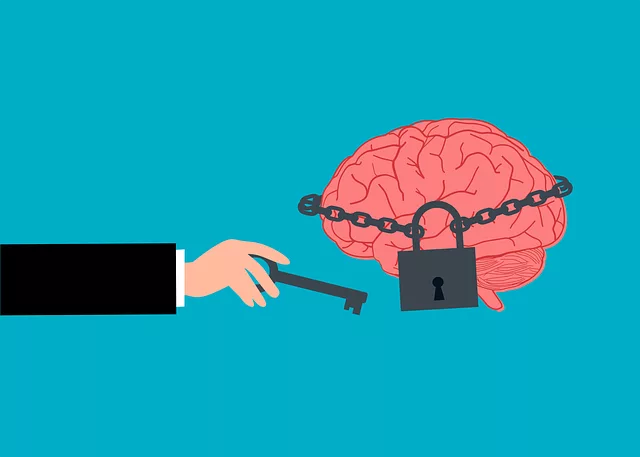Kaiser Permanente's dedicated mental health services in Golden prioritize personalized stress management through understanding individual triggers and offering diverse strategies like mindfulness practices, emotional regulation techniques, and self-care initiatives. Their robust resource suite, including therapists, online platforms, and direct assistance lines like the Kaiser Permanente mental health number Golden, promotes holistic well-being and destigmatizes mental health issues. By emphasizing resilience building and mental health education, they empower individuals to effectively navigate stressors and maintain emotional balance.
Stress management is a vital skill in today’s fast-paced world. This comprehensive guide explores effective techniques to combat stress, featuring insights from Kaiser Permanente’s extensive mental health resources. We delve into understanding stress triggers, offering practical strategies like mindfulness and relaxation practices for daily use. Additionally, we uncover long-term resilience-building methods inspired by the Golden Rule of mental well-being. By following these steps, folks can navigate life’s challenges with enhanced coping mechanisms.
- Understanding Stress: Identifying Triggers and Sources
- The Role of Kaiser Permanente Mental Health Resources
- Effective Stress Management Techniques: A Comprehensive Approach
- Mindfulness and Relaxation Practices for Daily Use
- Building Resilience: Long-term Strategies for Stress Prevention
Understanding Stress: Identifying Triggers and Sources

Stress is a complex and individual experience, often triggered by various factors that vary from person to person. Identifying these triggers is a crucial first step in managing stress effectively. For healthcare providers, understanding what causes stress can be particularly beneficial, as they frequently face demanding situations and high-pressure environments like Kaiser Permanente mental health services. By recognizing specific triggers, whether it’s long work hours, heavy patient loads, or complex cases, professionals can begin to develop tailored strategies to combat stress.
Mental Health Awareness is paramount in this process. Healthcare providers are encouraged to acknowledge their own emotional well-being and seek support when needed. Burnout Prevention Strategies for Healthcare Providers often involve recognizing early signs of stress and implementing Mood Management techniques. Simple yet powerful tools, such as mindfulness exercises or taking short breaks throughout the day, can significantly help in navigating stressful situations.
The Role of Kaiser Permanente Mental Health Resources

Kaiser Permanente recognizes the profound impact of stress on mental health and offers valuable resources to its members through its dedicated mental health services. The organization provides a comprehensive suite of tools and support systems, including access to therapists, counselors, and online platforms designed to promote emotional well-being. One key aspect is the Kaiser Permanente mental health number, Golden, which serves as a direct line for members seeking assistance, ensuring easy access to professional guidance.
These resources extend beyond individual therapy, incorporating initiatives like Mental Wellness Journaling Exercise Guidance to foster self-care practices and Emotional Regulation techniques, empowering members to manage stress effectively. Additionally, Kaiser Permanente contributes to public awareness campaigns focused on destigmatizing mental health issues, further emphasizing their commitment to holistic well-being within the community.
Effective Stress Management Techniques: A Comprehensive Approach

Stress management is a comprehensive approach that involves various techniques to maintain emotional well-being. At Kaiser Permanente, mental health support is readily available through their dedicated services and professionals. One effective method is integrating mindfulness practices, such as meditation and deep breathing exercises, into daily routines. These simple yet powerful tools help individuals stay grounded, reducing the impact of stressful situations.
Additionally, social skills training plays a significant role in stress mitigation. Building strong support systems and fostering positive relationships can act as a buffer against stressors. Social connections provide emotional resilience, offering different perspectives and coping strategies. Moreover, promoting emotional well-being involves learning depression prevention techniques, ensuring individuals have the tools to manage and overcome challenging emotions effectively.
Mindfulness and Relaxation Practices for Daily Use

Mindfulness and relaxation practices have become essential tools for managing stress in today’s fast-paced world. Incorporating these techniques into daily routines can significantly improve mental well-being, as advocated by organizations like Kaiser Permanente, which emphasizes the importance of Mental Health Awareness through various programs. Simple yet powerful methods such as deep breathing exercises, meditation, and yoga help calm the mind and body, fostering a sense of tranquility.
Regular engagement in these activities allows individuals to develop a greater awareness of their thoughts and emotions, enabling better mood management. By integrating mindfulness into daily life, people can navigate stressors with enhanced resilience, thanks to the mental health education programs designed to teach these skills. The Golden rule for maintaining a balanced mind is to consistently allocate time for relaxation, ensuring a healthier and happier lifestyle.
Building Resilience: Long-term Strategies for Stress Prevention

Building resilience is a key component of long-term stress prevention strategies, as advocated by mental health organizations like Kaiser Permanente. By fostering emotional regulation skills and adopting effective coping mechanisms, individuals can enhance their ability to navigate challenging situations with greater ease. This involves developing a deep understanding of one’s triggers and implementing strategies to manage them proactively.
Mental Health Policy Analysis and Advocacy plays a crucial role in creating supportive environments that promote resilience-building initiatives. Through advocacy efforts, policies can be established to ensure access to resources and programs focused on emotional well-being. Such initiatives encourage open conversations about mental health, reducing stigma and fostering communities where individuals feel empowered to take charge of their stress management and overall mental wellness.
Stress management is a vital skill, and with the right tools, anyone can learn to navigate life’s challenges. This article has explored various aspects of stress, from identifying triggers to long-term prevention strategies. By utilizing resources like Kaiser Permanente’s mental health services, incorporating mindfulness practices into daily routines, and building resilience, individuals can effectively manage stress and improve their overall well-being. Remember, taking charge of your mental health is a powerful step towards a happier, healthier life, and the Golden rule remains relevant: treat yourself with kindness and compassion during this journey.






